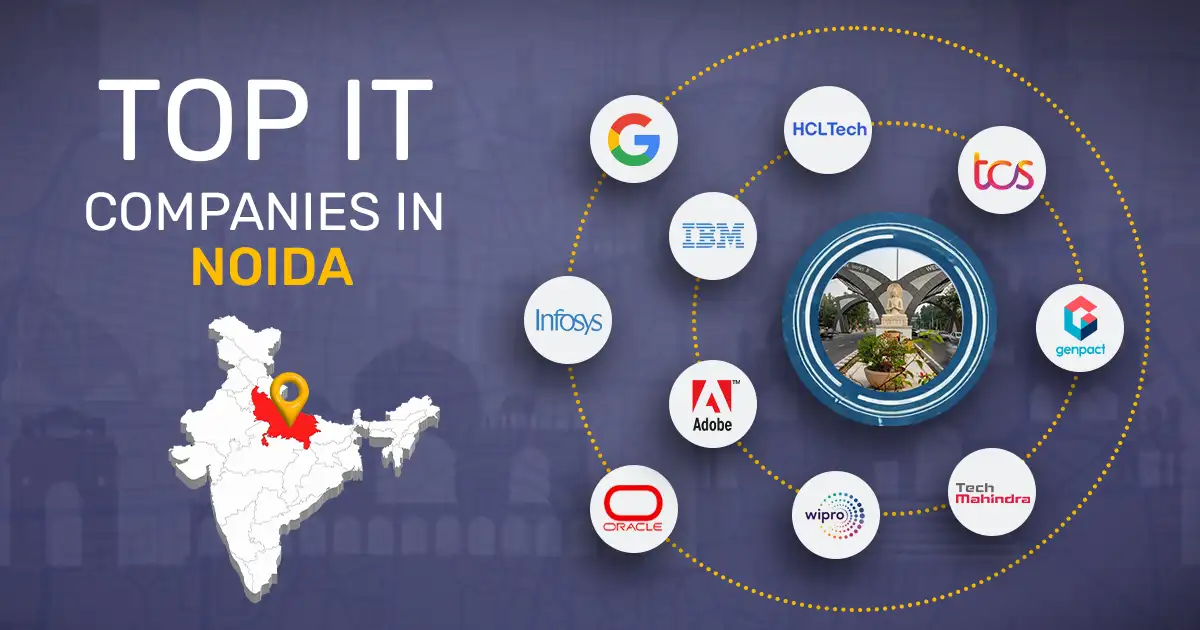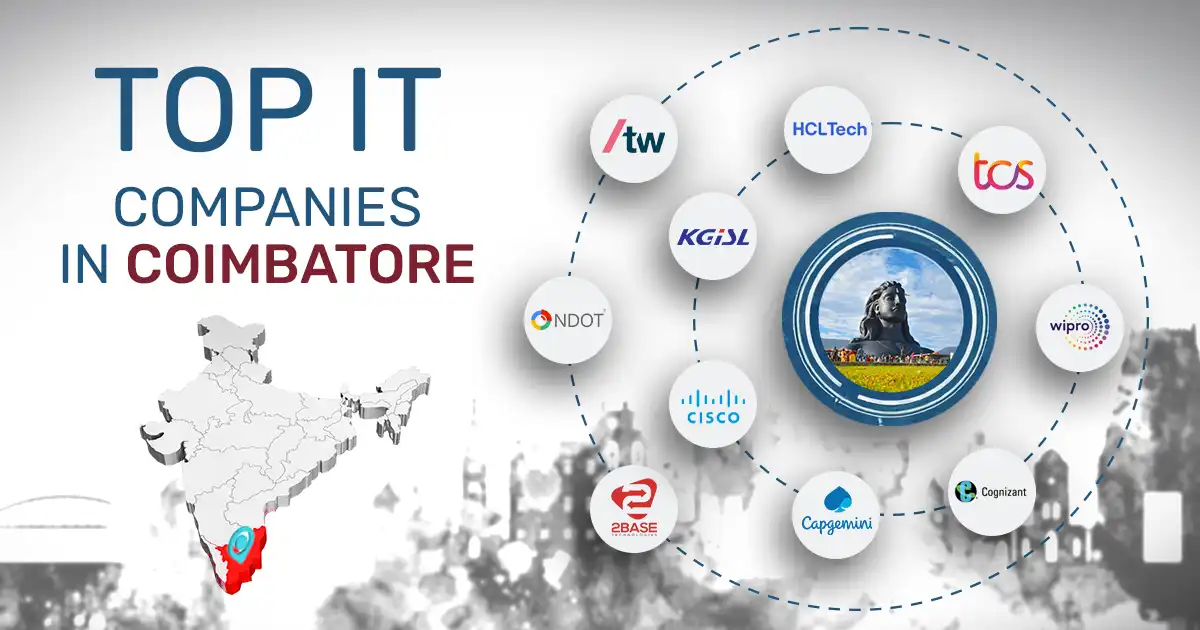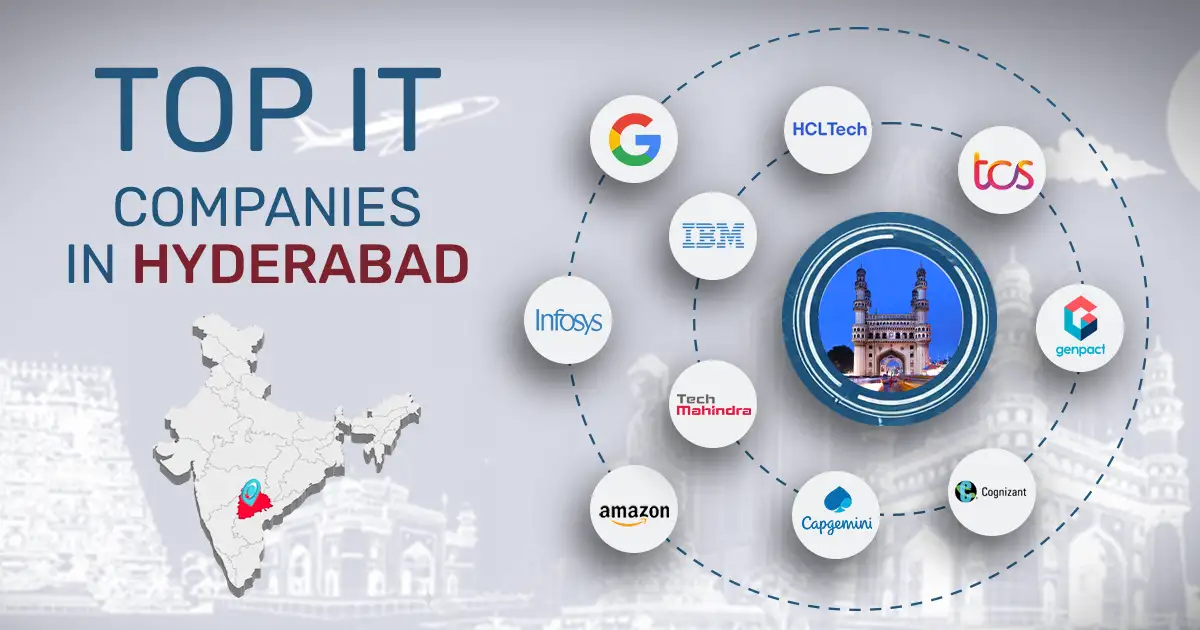
Introduction
Bottled water has rapidly transformed from a luxury to a necessity in our daily lives. Whether you’re commuting, working at an office, or simply staying at home, bottled water is essential for hydration. But did you know that starting a bottled water business could be one of the most lucrative opportunities you could pursue in today’s market?
As health awareness grows, so does the demand for clean, safe, and convenient drinking water. If you’re interested in learning how to start a bottled water business, this guide is the right place to begin.
In this comprehensive article, we will break down every critical aspect of starting a bottled water business, including everything from understanding market trends to the specific licenses you need, such as BIS certification for water and FSSAI certification, along with the water purification process and the initial investment required to launch your business.
By the end of this article, you’ll have a clear blueprint for navigating this growing industry successfully. Let’s dive in!
Read Blog: Get Online BIS Certification in India
Why Start a Bottled Water Business?
1. Consistent and Growing Demand
The demand for bottled water continues to grow globally due to increasing concerns over water pollution, contamination, and a heightened awareness of personal health. Consumers today prefer bottled water for its convenience and safety. This presents a huge opportunity for new players entering the market.
For instance, in urban areas, where tap water is often contaminated, people are increasingly reliant on packaged drinking water. As more consumers opt for bottled water to stay hydrated, the business has a steady demand, making it an evergreen industry.
2. High-Profit Margins and Profitability
Bottled water is among the products with the highest profit margins, typically ranging from 30% to 60%, depending on factors like quality, branding, and distribution. Businesses that tap into the niche of premium bottled water can achieve even higher margins, with some companies seeing profit margins as high as 200%.
The cost of production for bottled water is relatively low, and once you’ve established a smooth production process, the overheads are predictable and manageable.
3. Scalability and Expansion
Once your business is up and running, scaling is relatively easy. Bottled water businesses can expand into various niches like flavored water, vitamin-infused water, sparkling water, and even sports or electrolyte drinks. Moreover, a bottled water business can start small and, with efficient operations and proper marketing, grow to serve larger markets.
4. Eco-Friendly Innovations
With the rising demand for eco-conscious products, many bottled water companies are now shifting toward eco-friendly packaging, such as biodegradable bottles and recyclable materials. This shift aligns with the growing consumer preference for sustainable and environmentally responsible products.
Market Demand and Profitability in the Bottled Water Industry
- Global Market Growth
The bottled water market is projected to grow from USD 283.01 billion in 2021 to USD 509.2 billion by 2030, achieving a compound annual growth rate (CAGR) of 6.2%. This highlights a massive opportunity for new entrants to take a slice of the pie.
In India, the bottled water market is experiencing a similar upward trajectory. Large players like Bisleri, Aquafina, and Kinley are cornering the market, but there is still vast untapped potential, particularly in smaller towns and rural areas, where bottled water consumption is increasing.
In India, bottled water consumption is approximately 20 liters per capita annually, which is significantly lower than the global average. This discrepancy indicates huge market potential for growth. Therefore, if you’re wondering how to start a bottled water business in India, now might be the best time to get involved.
- Profit Margins
Profit margins vary depending on how well the business operates. For example, premium brands that invest in unique packaging, quality, and distribution channels can charge a higher price and generate significantly higher profits.
| Type of Bottled Water | Profit Margin |
| Regular Bottled Water | 30% – 50% |
| Premium Bottled Water | 100%+ |
| Bulk Distribution to Offices/Hotels | 50% – 60% |
Step-by-Step Process to Start a Bottled Water Business
1. Research and Business Plan
A comprehensive business plan is essential for starting a bottled water business. This should include:
- Market Research: Understand the demand in your target region, your competitors, and the customer needs.
- Business Objectives: Outline clear goals, both short-term and long-term.
- Financial Projections: Identify the initial costs and recurring expenses, and estimate your profit margins.
- Target Audience: Identify whether you want to target consumers in supermarkets, health-conscious individuals, or corporate clients.
- Marketing Plan: Detail your advertising strategies, sales channels (online, retail, etc.), and branding efforts.
- Operational Plan: Include your setup process, water sourcing, machinery, purification methods, and logistics.
2. Choosing the Right Location and Setting Up the Plant
When selecting a location for your packaged water plant, keep the following factors in mind:
- Water Source: Identify a clean and reliable water source, such as a borewell or a natural spring.
- Infrastructure: Ensure the area has access to stable electricity and water, along with a good transportation network for distribution.
- Space for Equipment: A proper setup with space for water purification systems, bottling machines, and packaging areas is essential.
The plant should be well-equipped with machinery for the water purification process, bottling, labeling, and packaging.
3. Water Purification Process
To produce safe and quality drinking water that adheres to BIS certification for water (IS 14543:2016), you need to invest in the following purification technologies:
- Sedimentation & Filtration: Removes larger impurities like sand and debris.
- Reverse Osmosis (RO): Filters out impurities at the molecular level.
- UV Disinfection: Utilizes ultraviolet light to kill harmful microorganisms.
- Ozonation: Adds an extra layer of purification to ensure water is free from bacteria and viruses.
- Mineralization (Optional): Some companies add minerals like calcium and magnesium to enhance the taste and health benefits of the water.
All these stages are critical for meeting regulatory standards and ensuring the water is safe for consumption.
4. Licensing and Permits
To legally operate a bottled water business in India, you will need the following licenses and certifications:
- BIS Certification for Water: This is mandatory for any business involved in packaged drinking water. It ensures that the water meets the IS 14543 standards.
- FSSAI License: Ensures that the food products (in this case, water) meet safety standards.
- Pollution Control Board Clearance: You need clearance to ensure your plant complies with environmental regulations.
- Trade License: Issued by the local municipality.
- GST Registration: For tax compliance.
Marketing and Distribution Strategies
Building an effective distribution strategy for your bottled water business is key to success. Here’s how you can approach it:
1. Retail & Supermarket Distribution
To reach a wide audience, secure shelf space in prominent supermarkets and convenience stores. Having your water products available in highly frequented locations increases visibility and sales.
2. Online Sales & Subscription Model
Create a user-friendly website where customers can place bulk orders or subscribe to regular deliveries of bottled water. This is ideal for offices, gyms, and households.
3. Corporate & Event Partnerships
Offer customized bottled water for offices, corporate events, and hotels. Businesses often look for water suppliers for their employees, clients, and events.
4. Eco-Friendly Packaging & Branding
Appeal to environmentally conscious consumers by using biodegradable and recyclable bottles. Highlight your commitment to sustainability in your marketing materials.
5. Social Media & Influencer Marketing
Leverage social media platforms and collaborate with fitness influencers to increase brand awareness, especially if you’re targeting health-conscious individuals.
Challenges and Risks in the Bottled Water Industry
1. High Competition
The bottled water industry has some dominant players like Bisleri, Aquafina, and Kinley. Competing with these big brands will require significant branding, efficient distribution, and unique selling points.
2. Regulatory Compliance
The bottled water industry is tightly regulated. Ensuring your plant adheres to regulations like BIS certification for water and maintaining FSSAI compliance is crucial for long-term success.
3. Environmental Concerns
With rising environmental concerns over plastic waste, many regions are implementing regulations around plastic usage. Shifting toward eco-friendly packaging solutions is essential.
4. Logistics & Distribution
Transporting water can be expensive due to the large volumes and the need for special storage. Make sure to account for these logistical challenges in your pricing strategy.
Common Mistakes to Avoid
When starting a bottled water business, avoid these common mistakes:
- Ignoring Licensing Requirements: Ensure you obtain BIS certification for water and FSSAI license before starting production.
- Overlooking Marketing: Branding is key in a competitive market—don’t underestimate the power of effective marketing.
- Underestimating Costs: Make sure your financial projections are realistic and take all costs into account.
- Compromising Quality: Prioritize water quality and packaging to build a trustworthy brand.
Conclusion
Starting a bottled water business is a lucrative venture with substantial growth potential, especially with increasing consumer demand for safe drinking water. By following the steps outlined in this guide, from obtaining BIS certification for water to creating an efficient distribution network, you can lay the foundation for a successful business.
If you’re ready to take the plunge into the bottled water industry, RegisterKaro is here to help you with every step—from legal compliance and BIS certification for water to FSSAI registration and GST registration.
Frequently Asked Questions
Yes, the bottled water business can be highly profitable due to the ever-growing demand for clean drinking water. With the right marketing strategy and efficient operations, businesses can achieve profit margins of 30-60%. The profitability depends on factors such as production costs, branding, and distribution efficiency.




